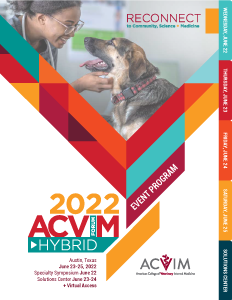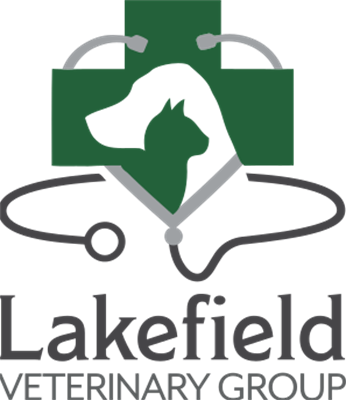Back
Please note, this session is not eligible for CE credit via on demand viewing. It is only available for CE credit if you attended the session live in person.
Specialty Symposium
Small Animal Internal Medicine
Adeno-associated Virus Vectors as a Delivery System for Treatment of Chronic Disease
Wednesday, June 22, 2022
2:00 PM – 3:00 PM CT
Location: ACC Ballroom F
CE: 1

Cynthia R. Ward, VMD, PhD, DACVIM
Professor
University of Georgia
Athens, GA, US
Anne Traas, DVM, MS, DACT
Chief Development Officer
Scout Bio
Philadelphia, Pennsylvania, United States
Primary Presenter(s)
Co-Presenter(s)
Gene therapy is a rapidly evolving field of medicine that focuses on using genetic material to induce long-term production of protein intended to treat disease. Two, single-dose human gene therapies have been recently approved by the FDA to treat rare monogenetic disorders. The use of naturally occurring cat or dog models of those diseases were instrumental in the development of these therapies. In the models, a single injection of an adeno-associated virus (AAV) vectored transgene induced stable, long-lasting production of a therapeutic protein.
Animal health is leading the way to a new use of gene therapy, the treatment of common, chronic, non-monogenic diseases that can benefit from long-term expression of a therapeutic protein. In this session we will discuss the specifics of AAV vectored gene therapy and describe the mechanisms by which it can produce stable, long-term expression of a therapeutic protein. Examples from completed and ongoing clinical and laboratory animal studies describing treatment of feline CKD-anemia, feline and canine diabetes mellitus, and feline osteoarthritis pain will be discussed.
Animal health is leading the way to a new use of gene therapy, the treatment of common, chronic, non-monogenic diseases that can benefit from long-term expression of a therapeutic protein. In this session we will discuss the specifics of AAV vectored gene therapy and describe the mechanisms by which it can produce stable, long-term expression of a therapeutic protein. Examples from completed and ongoing clinical and laboratory animal studies describing treatment of feline CKD-anemia, feline and canine diabetes mellitus, and feline osteoarthritis pain will be discussed.
Learning Objectives:
- The learner will understand the use of gene delivery systems in treating disease
- The learner will understand chronic diseases that can be treated by gene therapies


